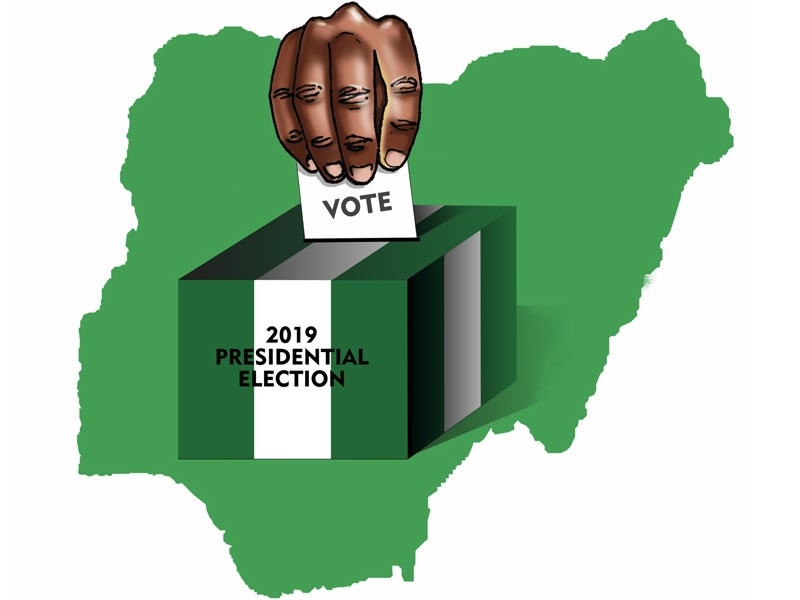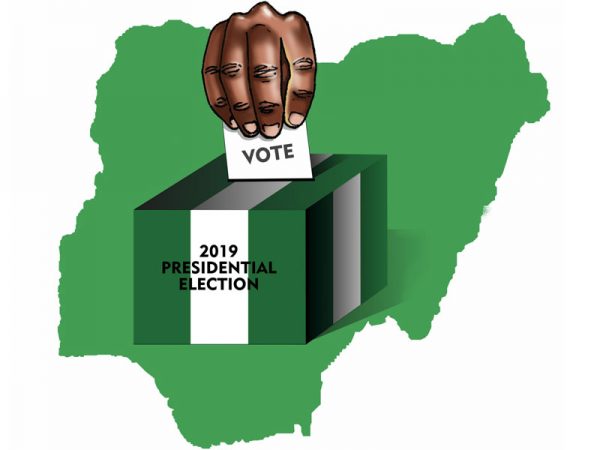In the quest to defend its disproportionate figures and general incompetence at the Presidential Election Petitions Tribunal (PEPT), INEC is now caught in a web of lies and scandalous tales which could forever damage its credibility.
When the People’s Democratic Party (PDP) had through their lawyers, led by Levy Uzoukwu (SAN), asked the tribunal to compel INEC to grant them access to the server and smart card readers used in the conduct of the election, INEC was pushed to deny its assets. The counsel representing INEC, Yunus Usman, denied that INEC had servers and therefore asked the court, in a counter affidavit, to dismiss the application filed at the tribunal sitting on Thursday, 13th June. Usman cited and drew the attention of the tribunal to its judgment on March 6th, granting the PDP access to inspect only election materials without the server. Usman further protested that the PDP was asking INEC to bring something (servers) they do not have.
This admission in court has since been the butt of jokes over media channels, as it remains hard to comprehend that INEC would deny its servers at this crucial time, despite huge sums budgeted for the procurement, maintenance and operation of same servers. The entire hide and seek which has trailed the commission, even before the elections, raises the question that INEC might, after all, be colluding with the All Progressives Congress (APC).
Coincidentally, over the weekend, the European Union Election Observer Mission (EU EOM) tasked with the duty of monitoring the 2019 elections which ran between February and March 2019 released its final report. And as the bulk of public opinion revealed over time, the report corroborated how irregular the election was.
The Deputy Chief Observer for the EU, Hannah Roberts, said the Mission relied on results that were released by INEC and that the EOM report relied on data provided by INEC. Roberts was also quoted to have said, “The elections became increasingly marred by violence and intimidation, with the role of the security agencies becoming more contentious as the process progressed. The EU EOM reported that this damaged the integrity of the electoral process and may deter future participation. During collation of the federal results, EU observers directly witnessed or received reports of intimidation of INEC officials in 20 states.”
One major observation which the EU EOM noted was that there exists a 1.6 million voter deficit of the total registered voters announced by the electoral body in January versus the total number displayed during the election. Where did the data of the missing 1.6 million voters go? Apparently, this should explain the experience of voters who complained of their names being missing on the voting list at their respective polling booths.
The Mission also stated that they are unaware of any INEC server by which results were transmitted during the election at the briefing in Transcorp Hilton, Abuja on June 15. However, the main opposition party, PDP, which had earlier claimed that an INEC server was used to transmit results, will now have to prove at the tribunal if INEC really had servers which collated results electronically or not.
Meanwhile, Maria Arena, the EU Chief Observer, who also had earlier presented a final report with recommendations for electoral reforms noted that the EOM commission which had had 91 observers for the presidential and federal parliamentary elections, 73 observers for the governorship and state parliamentary elections and 20 observers for the supplementary elections which ran in some states; had a 34.1 voter turnout rate. The report indicates a considerable drop from the 2015 general election figures. The more INEC loses credibility, the more voter apathy grows. That less than 100 election observers have such damning things to say about elections which were conducted in over 1500 total polling units across the country is revealing of the competency gap and also reflects the tendency for INEC to lose its credulity.
Now that the Independent National Electoral Commission has boxed itself into a tight corner, amidst all contrary revelations about the integrity of the whole process, Nigerians keep their focus on the larger goal – that INEC might get pragmatic and do the needful to adopt some, if not all, of the recommendations highlighted in the EU report for better conduct of future elections.
References
Premium Times Nigeria
Europa.eu
Featured image source: thisdaylive


